8 Powerful Addiction Memoirs that Sober People Love

Science is used to back up the theory that addiction is not just willpower, or a “broken brain” but instead a learning/developmental disorder that lies on a spectrum. This book is powerful because it removes the stigma and takes a 21st-century look at an age-old problem. If you are wondering how you or your loved one got to a place where addiction took hold this book will help to provide you answers. Dry is a heartbreaking memoir of Augusten Burrough’s story of addiction, beginning with an intervention organized by his coworkers and boss and his first bout of sobriety. One valuable point from this book is that not everyone needs to reach a “rock bottom” before quitting alcohol. Sometimes, a slow realization of enough being enough is all it takes to start your recovery.
Nutritional Wellness in Massachusetts Women’s Rehab
Ward and Libaire show you how to get intoxicated, but with life instead of alcohol. Authors Amanda Eyre Ward and Jardine Libraire met shortly after getting sober. They quickly became friends, bonding over their shared desire for an exciting, outside-the-lines life. But they struggled with how to have that life without alcohol. Most of their friends spent their weekends living the “rose all day” lifestyle, and every first date wanted to meet at a bar.
“We Are the Luckiest: The Surprising Magic of a Sober Life”
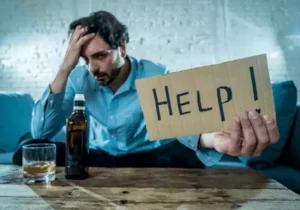
I’m on the campaign trail for The New Yorker, so I have thought about this. I don’t think people are gnashing their teeth about Trump on social media, but I hope there’s a very real sense of everything that’s at best alcohol recovery books stake if he wins and that it would be significantly more totalitarian the second time around. I know that this sounds like a Democratic campaign speech, and this is literally what they’re saying on the campaign.
Achieve Sobriety with Virtual IOP
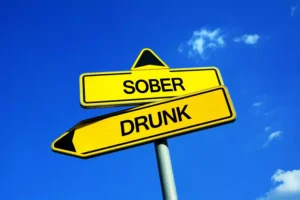
Wondering if you need a drink to live a rich, colorful life? Check out our picks for the best addiction and recovery memoirs. In his follow-up to his first memoir, Tweak, which dealt with his journey into meth addiction, Sheff details his struggle https://ecosoberhouse.com/ to stay clean. In and out of rehab, he falls into relapse, engaging in toxic relationships and other self-destructive behaviors that threaten to undo the hard-won progress he’s made. But I don’t know if it means anything or if it’s just words.
Where the story they have to tell echoes others, they let us hear that echo. One characteristic I think I discern in the best addiction memoir is a certain humility that doesn’t strive after innovation for its own sake. Serious addiction has a way of annihilating your sense of exceptionalism, stripping away your autonomy and character, and reducing you to the sum of your cravings.
How to Quit Drinking
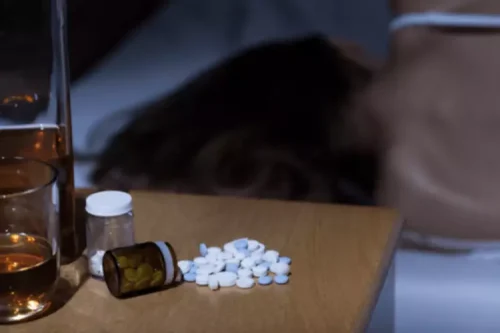
Told in the present tense (another rarity in autobiography), the result is a stunningly immersive and intimate story. We seem to experience Ditlevsen’s life with her, moment by vivid moment. Meanwhile successful writing always surprises and challenges us, perhaps by defying the conventions of the form to which it belongs or simply by refreshing them in some way. Only a handful of the addiction memoirs of recent decades are also, in my view, singular works of art. For me the essential works are Permanent Midnight (1995) by Jerry Stahl , The Los Angeles Diaries (2003) by James Brown, The Outrun (2015) by Amy Liptrot, Lit (2019) by Mary Karr and Portrait of an Addict as a Young Man (2010) by Bill Clegg. In his first novel, Burroughs gives a vivid, semi-autobiographical account of heroin addiction in the early 1950s.
Nonfiction Books » Best Biographies » The Best Memoirs and Autobiographies
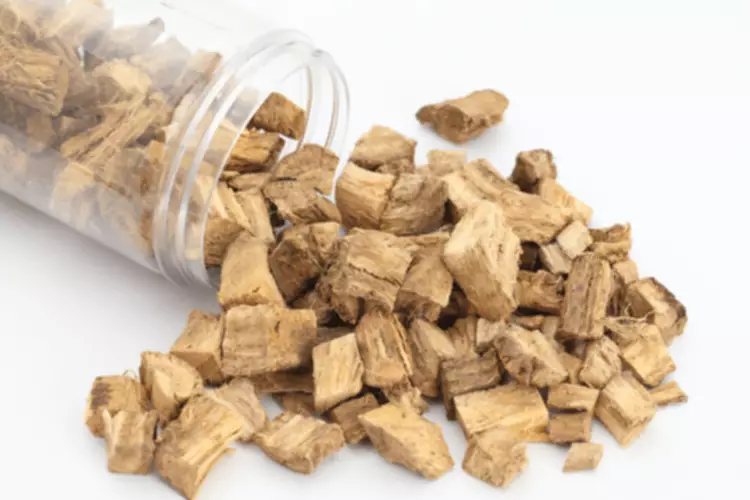
So here’s a list of my all-time favorite reads about substance use disorders. Maybe these stories can help another young woman out there. Sober celebrities, reality stars in rehab and the sudden ubiquity of mocktail recipes… the culture is shifting, and abstinence is in. Peak Covid saw people giving into excess where alcohol was concerned, and the rise of sobriety following the pandemic seems straight out of a ‘nature is healing’ meme.
- ” I think now they’re like, “Oh yeah, you can’t buy a home.
- I almost wanted to snap it shut, but instead finished it in one day and have read it at least three more times since.
- Along with educational insights on substance use disorders, the books provide multiple perspectives from those who have successfully traversed the road to recovery.
- But as you go through her story, you see what she means.
- If you read enough addiction memoirs, the genre’s particular narrative cadence become easy to spot.
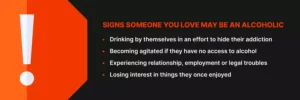
After 25 years of abusing alcohol (and drugs), I finally got sober. And for the first time ever, I started writing, because all those feelings I pushed down wanted a voice. All that childhood trauma needed more than AA and talk therapy to heal.
- In this post, we’ve put together nine of the best addiction memoirs and quit lit books for you to check out.
- Fifteen million Americans a year are plagued with alcoholism.
- Any information published on this website or by this brand is not intended as a substitute for medical advice, and you should not take any action before consulting with a healthcare professional.
- For more resources in sobriety, online alcohol treatment programs like Ria Health can help as well.
- From graduating cum laude from law school despite her excessive drinking to languishing in dive bars, King presents a clear-eyed look at her past and what brought her out of the haze of addiction.
- A neuroscientist who made it out of a bad Miami neighborhood ponders in this memoir why he didn’t end up headed down a different path.
- “The Unexpected Joy of Being Sober” (American Addiction Centers) is another book that explores the role of alcohol in society, provides insights from neuroscientists and psychologists, and highlights the benefits of living a sober life.
Alongside this deeply personal story, she includes scientific research and a wealth of advice, including how to recognize if you have alcohol use disorder (AUD) and how to navigate the social pressures that come with a life of sobriety. There’s a really powerful passage where you write, “A middle-aged solitude I had always been scared of was happening and I saw the loneliness of the years ahead and it terrified me. I was wrong about a lot of things at that time but I was right to be scared about that.” What’s your perspective on that now? It wasn’t until I was on the other side of 40 that I was like, Oh, I’ve actually been trained a little bit to fear that moment, whether it’s just watching Bridget Jones or whatever. And even as much as I didn’t give a shit about marriage and stuff, you’re just taught “Oh, you’re going to hit this wall and then the rest of your life is going to kind of suck,” which it turns out could not be further from the truth. I wrote this book as I was processing 40 and the end of any kind of girlish dream that I was going to have a nuclear family, basically.
I have the support of a reputable institution behind me. This is happening.” It felt really important at that moment to have the stamp of The New Yorker for whoever was doubting the reality of what was going on on the ground. And then writing this book was a chance for me to write as myself, versus writing in the institutional voice of The New Yorker as a journalist, and a chance to step back from facticity and information and instead focus on feeling. Reported writing can be useful — it’s important — but it’s not the thing you turn to when you want to remember what it felt like or when you’re trying to process what happened. Courtney Todd is the digital marketing coordinator at Workit Health.

Leave a Reply